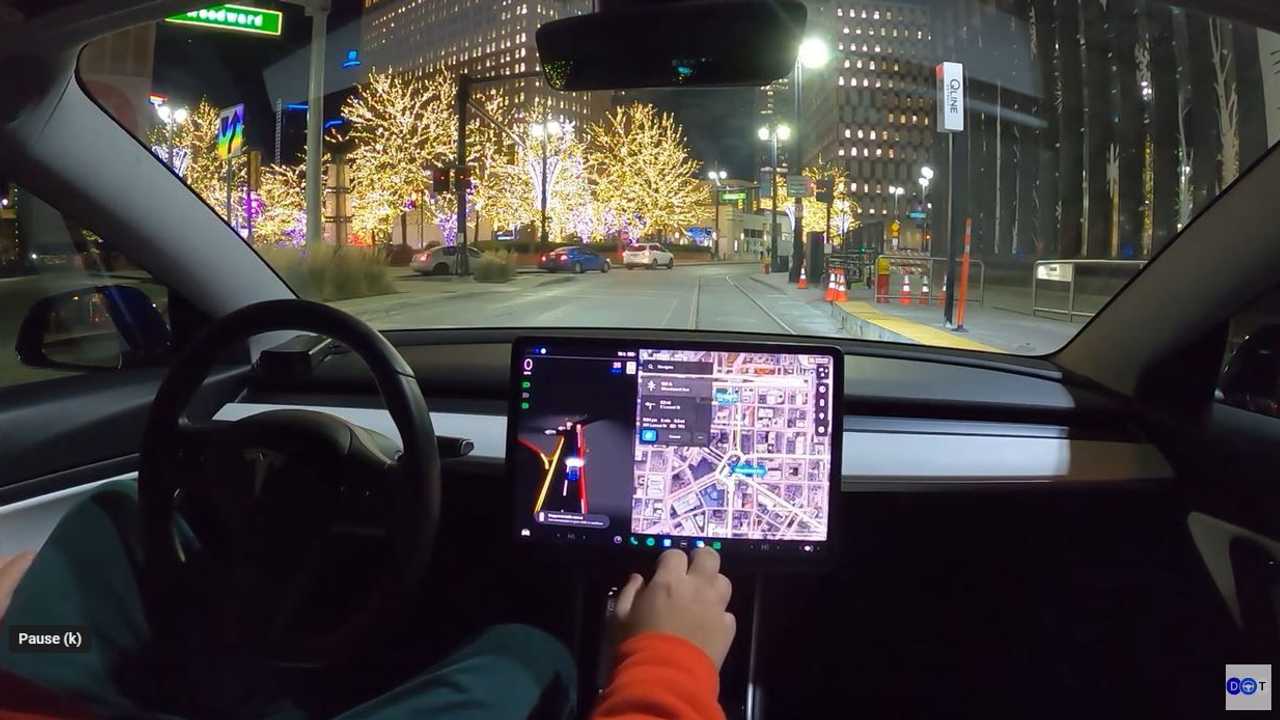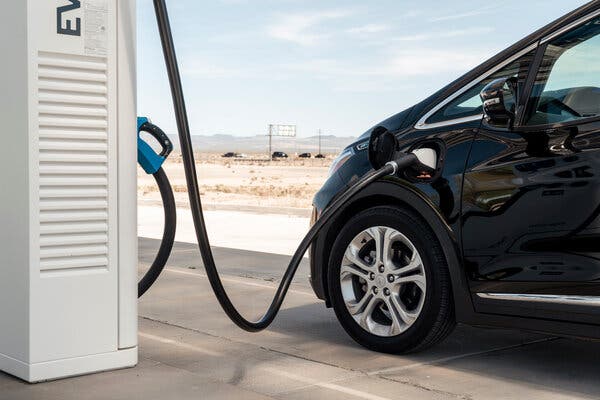
The Tesla Safety Score is an assessment of the risks involved in driving in a given environment. It is used by insurance companies, such as Tesla insurance, to calculate the rates of drivers. To illustrate, a low driver safety score means that a driver is more likely be involved in an accident and will receive a higher insurance rate.
The Tesla Safety Score uses a variety of factors to calculate. It relies on data from Tesla cars' sensors. The score is calculated from the distance a vehicle follows other vehicles and is also dependent on the car's speed. The score is then calculated for the driver's last 30 days of driving.
Each time the Tesla car is driven, the score changes. The formula takes into account five different safety factors, including unsafe following, hard braking, aggressive turning, and the number of warnings received for a forward collision. The formula calculates the probability of a collision as well as the Predicted Collision Frequency.

The Safety Score is calculated daily. It does NOT show the number or miles traveled. Instead, it shows the number of trips the user made in that day. If a trip is less than 0.1 miles, it is valid. Autopilot will exclude the vehicle from the calculation. After the driver has received the three initial warnings, the Autopilot will disengage for the rest of the trip.
According to the company, Safety Score is meant to increase drivers' awareness and discourage bad driving habits. The company claims the Safety Score formulas can reduce the likelihood of a crash by 30 percent. It is currently in beta and the company plans on adding more features to improve its accuracy.
Tesla owners have to pay an additional $10,000 in order to be eligible under the Safety Score. This is for the purpose of qualifying for the latest version of FSD software. To earn the score, the driver must maintain control of the steering wheel at all time. Tesla can't stop itself and requires a human driver to make sure it works properly.
The safe following factor is calculated based on distance between driver and vehicle ahead. Important to remember that the Autopilot system doesn't drive the car. It only records the driver's mileage when the vehicle is moving at greater than 50 mph. It is also taken into account the car's length.

Another factor in the Tesla Safety Score is Forced Autopilot Diengagement. It's activated when the vehicle isn't on the right path and the driver doesn't apply enough steering resistance. It can also be triggered if the Autopilot is not engaged for a sufficient time.
FAQ
What are the qualifications for an automotive technician
You need to have high school diploma or GED and good grades in English as well as maths. You also need to be able to read and write well. After passing a written test, you will need to complete a series of practical tests before you are allowed to begin working.
Is it worth becoming a mechanic?
The answer to this question will depend on your goals for life. If you are looking for financial gain, then yes. However, if purpose and meaning are what you seek, then no.
If you don’t have any mechanical skills, it’s pointless to get into it. It will just waste your time. You won't become rich from it. It won't make you famous. It is unlikely that your life will change.
You'd have to spend years learning how things work. You would still need to hire someone to fix your car if it breaks down. This is why most people don’t bother. They find something else to do.
Summarising, if your goal is to make lots of money, go for it. But if you want to live a meaningful life, stay away from the mechanic's industry.
To be a car mechanic, do you need a degree? Can I study part time?
Although it's not mandatory, a degree can help. Employers prefer applicants who have completed a full-time degree. It shows you are dedicated and have worked hard to achieve your goals.
However, it doesn't mean you can't still work while studying. Some universities allow students the flexibility to finish coursework during summer vacations and resume their studies later in year. Others let students take classes part-time throughout the year.
How can I fix my car as a hobby?
It's a great hobby to take on if you are passionate about cars. You could learn how to repair them, buy parts for them, sell them or just enjoy them. It would make a great pastime if you're looking for something different to do.
But it is not easy to turn this into your full-time occupation. It requires hard work and dedication. You'll also need to invest a lot.
If you don't have any good reasons to be involved in cars, it may be better to just let it go.
What does it take for a mechanic to be a good one?
Expert mechanics take years of practice and extensive experience. You can learn the most effective way to fix cars by learning from a professional mechanic.
You will have to spend time in a garage learning about cars and mechanics. You will need to read books on mechanical engineering and car design.
Additionally, you will need to attend an auto school.
It's important to start early. You don't have to wait until you are older to start studying automotive technology. If you want to qualify as a mechanic, get started now!
Statistics
- 52% of Mechanics in the United States think their salaries are enough for the cost of living in their area. (indeed.com)
- According to the BLS, the median annual salary for automotive service technicians and mechanics in the United States was $44,050 in May 2020. (uti.edu)
- Apprentice mechanics earn significantly less hourly than mechanics who have completed training, with a median wage of approximately $14.50 an hour, according to PayScale. (jobhero.com)
External Links
How To
How to safeguard yourself against auto mechanic scams
Auto mechanics scamming is a major problem for consumers. An average car repair bill costs $1,500 annually. This means that there is plenty of people willing to take advantage. Knowing what to look for will help you avoid falling for a scammer. These are some ways to spot scammers before they take your money.
-
Never pay upfront. It's a scam to ask for payment upfront. You should always ask for payment after work is completed. The Better Business Bureau (BBB), 1-888-322-8138, can help you determine if the item is legitimate. They'll give you advice on how to proceed.
-
Ask for referrals. Ask for references to help you make sure that you're dealing only with reputable service providers. Also, it's a good idea check online reviews. Be sure to check online reviews about any business that you deal with.
-
Conduct background checks. Background checks are essential for hiring anyone. Check the BBB website to find out if there have been any complaints. Also, confirm that the vehicle's registration number belongs the owner of the business.
-
Don't be afraid of walking away. Sometimes, even when a company appears legit they try to scam you into paying too much. Don't hesitate to leave if you feel like you've been taken advantage of. There are many other businesses you could choose to do business with.
-
Be wary of "free" services. Numerous companies offer free estimates and inspections. These companies usually charge exorbitant fees later. Ask about additional charges before you sign anything.
-
Avoid being pressured. A company may offer you a great deal because they think they are able to charge you less than you should. If you find yourself in a situation where you are being pressured to buy something, it's likely a scam.
-
Look for quality products. You want to make sure that the repair shop uses high-quality parts. You shouldn't use cheap brake pads if you need them. Instead, look for a shop that specializes on brakes.
-
Get multiple quotes. It's important to compare prices between different shops. You'll have a better chance of finding a fair price when you do so.
-
Keep records. Keep track of every detail related to your repairs. This includes receipts, invoices and warranties. Notify your recipient of phone numbers or addresses.
-
Stay informed